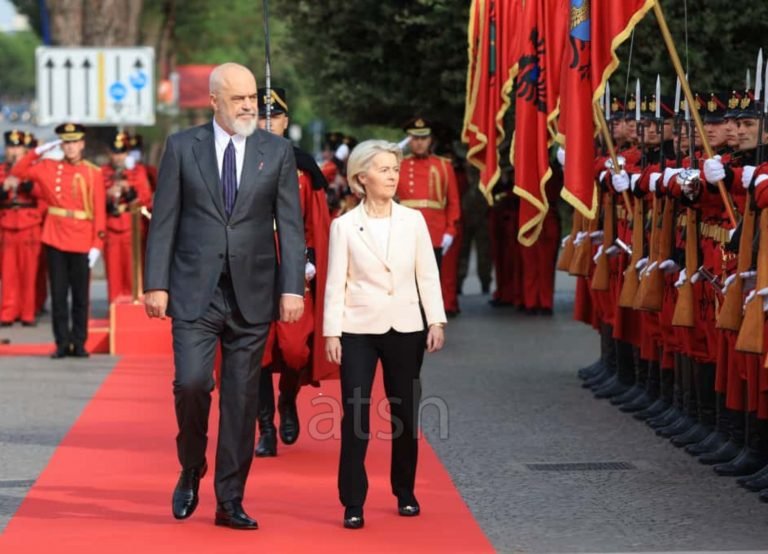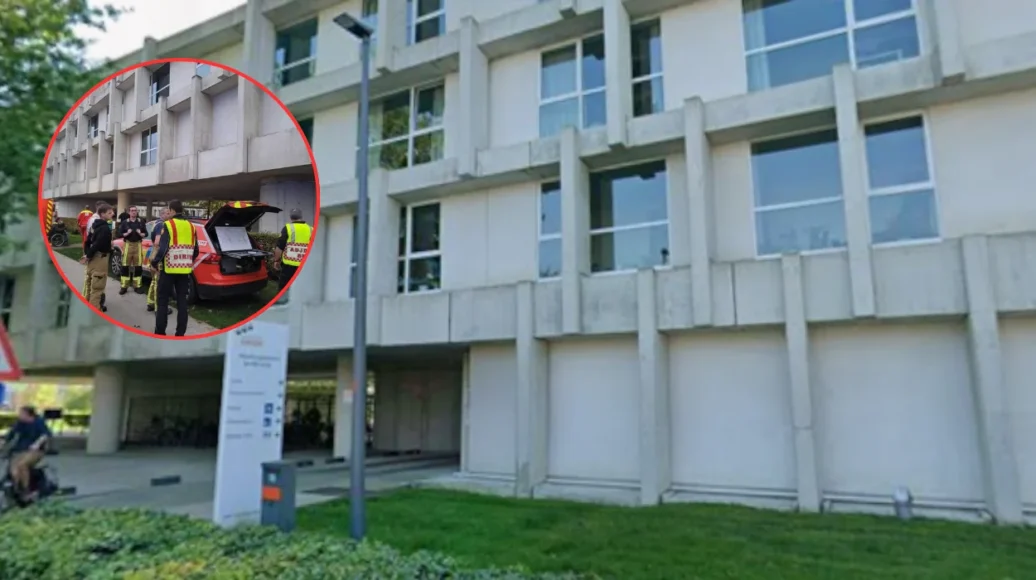
Prague – According to the Supreme Audit Office, European subsidies in the Czech Republic often support numerous small projects that do not significantly contribute to the national economy. These initiatives lack the capability to drive sustainable economic growth or enhance competitiveness. This statement was made in a press release regarding the office’s EU Report 2025, which details the audit findings from April 1, 2024, to March 31, 2025, concerning the management of EU funds.
The report highlights that the Czech Republic’s GDP in purchasing power parity rose from 72 percent of the EU average in 2004 to 91 percent in 2023, a 19-point increase. In contrast, Poland experienced a 33-point rise, increasing from 47 to 80 percent of the EU average. The audit also notes that the Northwest region, specifically the Ústí and Karlovy Vary regions, has not seen any GDP per capita growth relative to the EU average since the Czech Republic joined the EU.
The Supreme Audit Office stated, “The global crisis has impacted the Czech Republic more significantly than many other member states. This reflects a flawed long-term direction of EU budget support and overall economic policy management. There has been inadequate investment in new progressive sectors that could facilitate a transition to a modern innovative economy with sustained high growth rates.”
“We have not yet fully leveraged the potential of European funds. It will be the responsibility of the new political leadership to establish guidelines that maximize the effectiveness of every euro received,” stated the president of the Supreme Audit Office, Miloslav Kala. He noted that EU funding has already begun to decline and will continue to do so. “This makes it crucial to clearly identify a limited set of priorities and utilize these resources efficiently,” he added. (October 13)







![[DOCUMENT] Projet de loi de finances 2026 : tout ce qu’a décidé Lecornu en matière de fiscalité](https://eurotoday.org/wp-content/uploads/2025/10/document-projet-de-loi-de-finances-2026-tout-ce-qua-decide-lecornu-en-matiere-de-fiscalite-1031x580.png)





Leave a Reply